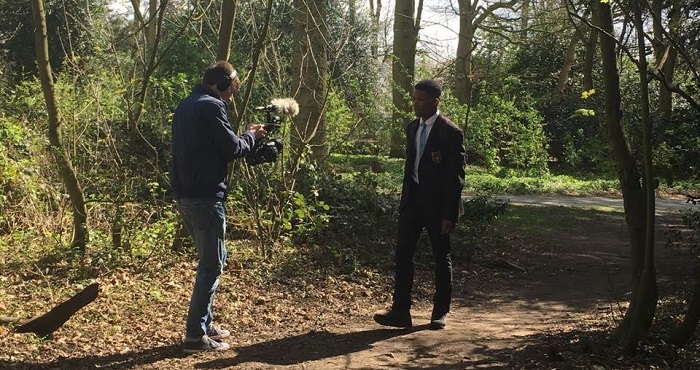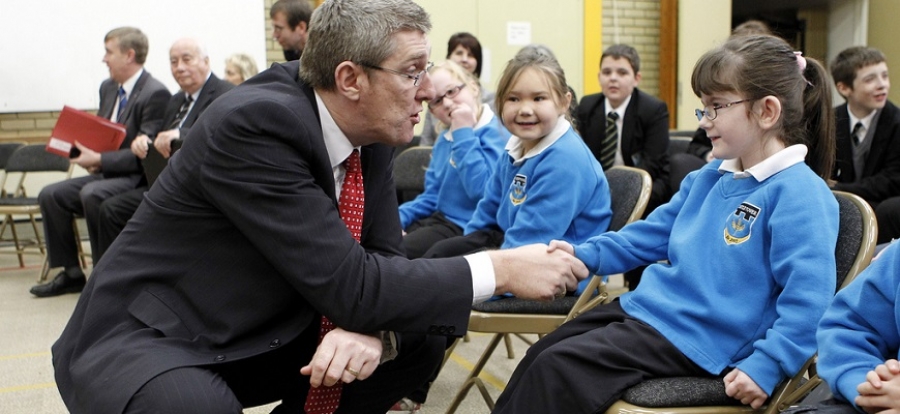So why do teachers so often become robotic and almost non-human in the classroom? We need our students to feel safe, to know “Mental health is currently talked about outside the classroom with great frequency.”that they can share their problems, fears and concerns. I generally worry that if teachers do not take it upon themselves to ask questions about students’ wellbeing, we are on a very slippery slope. We need to ask “How are you feeling?”
The new GCSE specifications are just a small piece of this gigantic puzzle - a piece I fear will create a student body that is scared, fearful of failure and prone to mental illness. Mental health is currently talked about outside the classroom with great frequency, and on social media almost every other tweet. However, what are we doing inside the curriculum to combat this illness.
Mental health is something that affects nearly everyone, but the lack of education on it in Secondary schools is worrying.
Even at an extracurricular level the current input into wellbeing and mental health is undervalued. Here at Bower Park Academy, we worked the charity World Youth Organization (WYO) to design a mental health workshop that can be rolled out into schools. We have the facilitators, information guides, case studies and a platform to start something amazing!
The workshop provided advice, information and covers real case studies to improve the understanding of mental health so young people can speak more freely about the subject and seek help more easily.
 Our students filmed an introduction video for the workshops. They helped film the case studies and promotional materials. I am very proud!
Our students filmed an introduction video for the workshops. They helped film the case studies and promotional materials. I am very proud!
1 in 10 children and young people aged between 5 and 16 suffer from a diagnosable mental health disorder. That’s 850,000 children and young people across the UK. About 290,000 young people have an anxiety disorder and around 80,000 children and young people are seriously depressed.
WYO aims to reduce these numbers and educate around 10,000 young people across the UK on the different types of mental health conditions, including depression, anxiety and eating disorders; ways to reduce exam stress; confidentiality; healthy lifestyles and the importance of friendships.
Put together not just by health professionals including mental health nurses, GPs and general health advisors, but also by students “This workshop has truly been shaped by everyone.”from schools across the UK, this workshop has truly been shaped by everyone. As a programme WYO focuses on Sex Education, Mental Health and Lifestyle Skills & Careers. The organisation offers workshops to Secondary schools and HF/Sixth Form Colleges in the United Kingdom.
It's about time that the mental health of our students is put before our Progress 8, Attainment 8 and GCSE percentages. My fear is that if we do not provide adequate information, guidance and support for our young adults, then the progress and attainment will never improve. How can it? We will have a disaffected youth, with a backlog of GCSEs they have earnt from memory recall.
Education is about creating a person who can flourish in any environment, who can be adaptable to different situations. Having strong mental health and wellbeing will allow our youth to achieve everything they desire.
My mother repeatedly asks my sister, regarding my nephews: “What's the plan?” My sister’s reply is one that makes my nephews strong-minded, resilient and dedicated to their individual cause: “We only have Plan A, Plan B will evolve if needed.” Strong mental health, coupled with physical exercise, drive, determination and resilience, is what I want to develop in my students and encourage in my colleagues.
Want to receive cutting-edge insights from leading educators each week? Sign up to our Community Update and be part of the action!


















